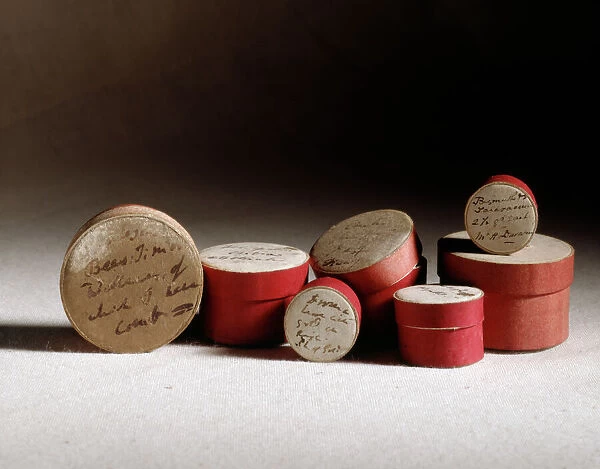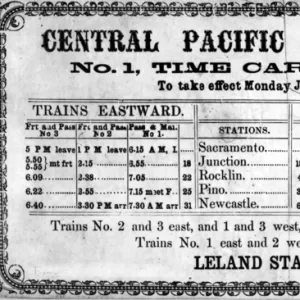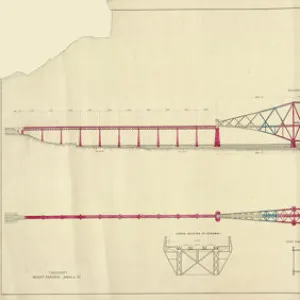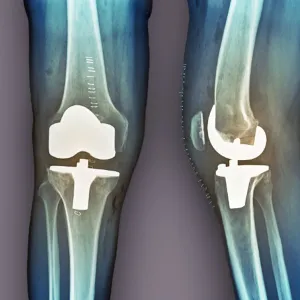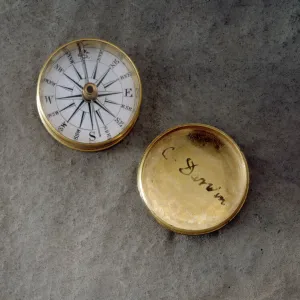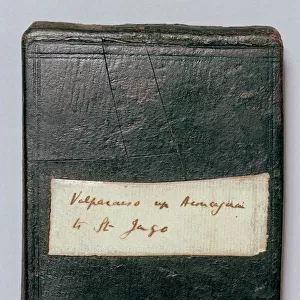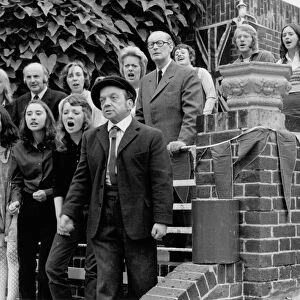Rights Managed > Historic England > Fame > Charles Darwin and Down House > Darwin's scientific research
Pill boxes used by Darwin for collecting specimens J970120
Filename: J970120.jpg
Size: 4730 x 3702 (11.9MB)
Date: 25th November 2008
Source: Historic England
Credit: Historic England Photo Library
Source: English Heritage Images
© Historic England
![]()

Wall Art and Photo Gifts from Historic England
Pill boxes used by Darwin for collecting specimens J970120
DOWN HOUSE, Kent. Pill boxes used by Darwin for collecting specimens
Historic England is the public body that champions and protects England's historic places
Media ID 1348596
© Historic England
EDITORS COMMENTS
This photograph captures a fascinating glimpse into the meticulous work of Charles Darwin during his groundbreaking research on the natural world. The image showcases a collection of pill boxes, which were an essential tool in Darwin's expedition to gather and preserve specimens for his seminal work, "On the Origin of Species." Located at Down House in Kent, England, these pill boxes were once used by Darwin to store and protect various plant and animal samples during his extensive travels. The intricately designed boxes, with their tight-fitting lids and compartments, were crucial in maintaining the integrity of the specimens, ensuring they remained in optimal condition for study and analysis. Darwin's methodical approach to collecting and cataloging specimens revolutionized the scientific community and paved the way for a deeper understanding of the natural world. His painstaking attention to detail, exemplified by the use of these pill boxes, allowed him to make precise observations and draw accurate conclusions that continue to shape our understanding of biology and evolution. Down House, where Darwin lived and conducted much of his research, is now a historic site managed by English Heritage and the Darwin Correspondence Project. The pill boxes, along with other artifacts and documents, serve as a testament to Darwin's enduring legacy and the profound impact of his discoveries on the scientific world.
MADE IN THE USA
Safe Shipping with 30 Day Money Back Guarantee
FREE PERSONALISATION*
We are proud to offer a range of customisation features including Personalised Captions, Color Filters and Picture Zoom Tools
SECURE PAYMENTS
We happily accept a wide range of payment options so you can pay for the things you need in the way that is most convenient for you
* Options may vary by product and licensing agreement. Zoomed Pictures can be adjusted in the Cart.

